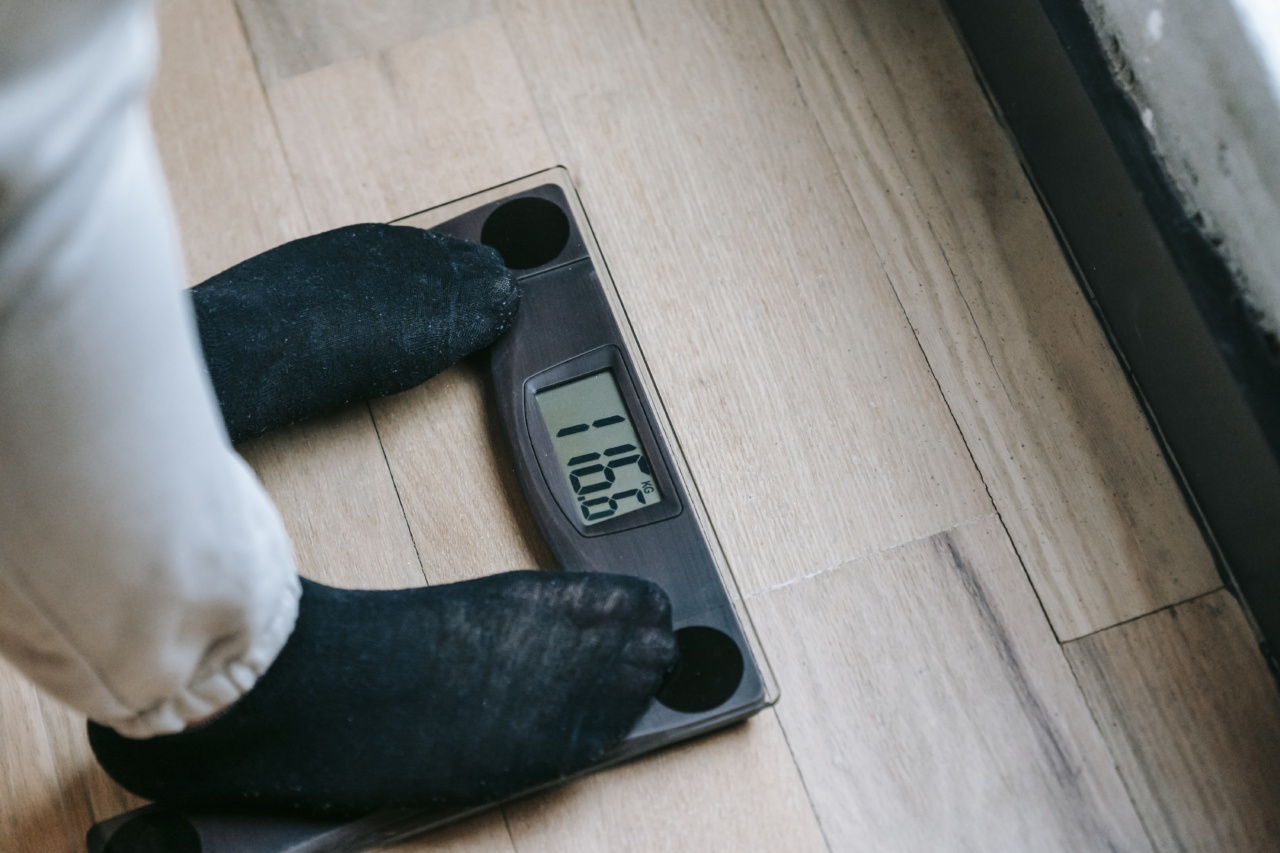If you’re looking to lose weight, you may be wondering how many calories you need to cut from your diet to achieve your goal. The answer depends on several factors, such as your age, sex, height, weight, activity level, and overall health.
Calculate Your Daily Calorie Needs
To determine how many calories you should consume each day to maintain your weight, you can use an online calorie calculator or the following formula:.
BMR = 10 x weight (kg) + 6.25 x height (cm) – 5 x age (years) + 5.
Once you have calculated your basal metabolic rate (BMR), you can multiply it by an activity factor to estimate your total daily calorie needs. The activity factor depends on how active you are. Here are the activity factors:.
- Sedentary: BMR x 1.2 (little or no exercise)
- Lightly active: BMR x 1.375 (light exercise or sports 1-3 days per week)
- Moderately active: BMR x 1.55 (moderate exercise or sports 3-5 days per week)
- Very active: BMR x 1.725 (hard exercise or sports 6-7 days per week)
- Extra active: BMR x 1.9 (very hard exercise or sports, physical job or training twice per day)
For example, if you are a 35-year-old woman who weighs 70 kg, is 165 cm tall, and exercises for 30 minutes per day, your daily calorie needs would be:.
BMR = 10 x 70 + 6.25 x 165 – 5 x 35 + 5 = 1,436.
Total daily calorie needs = 1,436 x 1.375 = 1,974 calories.
Determine Your Goal Weight
The next step is to determine your goal weight. This can be a challenging task, as many factors can influence your ideal weight, including your height, body composition, and overall health.
One way to estimate your ideal weight is to calculate your body mass index (BMI). BMI is a measure of body fat based on your height and weight.
A BMI of 18.5 to 24.9 is considered healthy, while a BMI of 25 to 29.9 is considered overweight, and a BMI of 30 or more is considered obese.
Another way to estimate your ideal weight is to use the body fat percentage. Women should have a body fat percentage between 20% and 32%, while men should have a body fat percentage between 8% and 20%.
Once you have determined your goal weight, you can calculate how many calories you need to cut from your diet to achieve your goal.
Calculate Your Daily Calorie Deficit
To lose weight, you need to create a calorie deficit, which means you need to burn more calories than you consume.
A safe and sustainable rate of weight loss is about 1 to 2 pounds per week, which requires a daily calorie deficit of 500 to 1,000 calories.
To calculate how many calories you need to cut from your diet, you can subtract your daily calorie deficit from your total daily calorie needs.
For example, if your total daily calorie needs are 1,974 calories, and you want to lose 1 pound per week, which requires a daily calorie deficit of 500 calories, you would need to consume:.
1,974 – 500 = 1,474 calories per day.
The Importance of a Balanced Diet
While cutting calories is an essential part of losing weight, it’s also important to consume a balanced diet that provides all the essential nutrients, vitamins, and minerals your body needs to function properly.
Aim to eat a diet that is rich in fruits, vegetables, whole grains, lean proteins, and healthy fats.
You can also consider consulting with a registered dietitian to help you develop a personalized meal plan that meets your nutritional needs and weight loss goals.
The Bottom Line
If you want to lose weight, the key is to create a calorie deficit by consuming fewer calories than your body needs to maintain your weight.
To determine how many calories you need to cut from your diet, you can calculate your daily calorie needs, determine your goal weight, and calculate your daily calorie deficit. Remember to eat a balanced diet that provides all the essential nutrients, vitamins, and minerals your body needs to function properly.



























